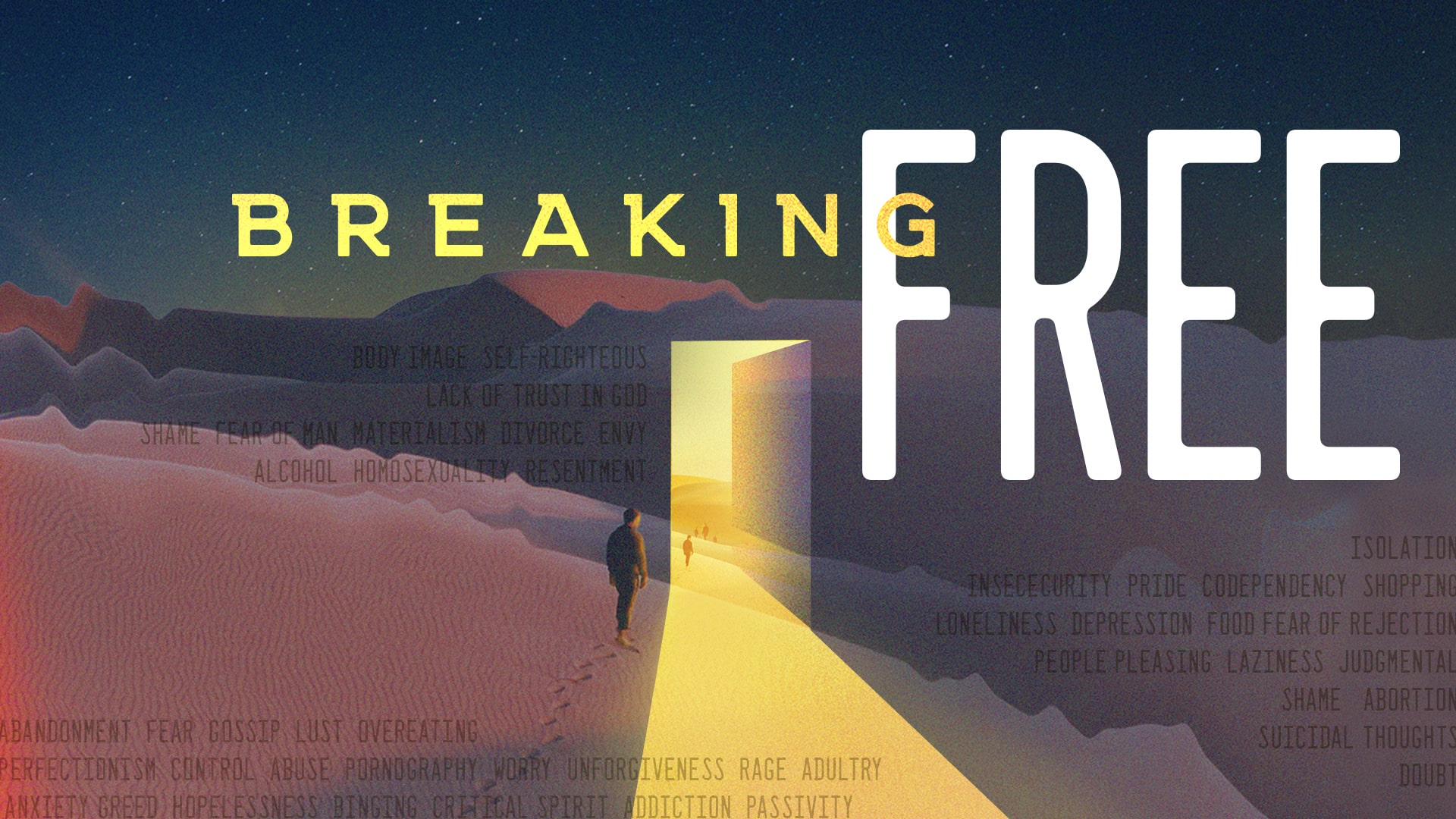There is not just freedom in receiving the forgiveness of the Father, but learning to be a people who forgive others.
As the wounds of “cancel culture” and seemingly endless cycles of revenge continue to ravage relationships around the world, Christ offers the only solution to truly break free from unforgiveness. In this week’s message, Jesus reminds us of how God offers forgiveness through Christ and how the right response to His unmerited mercy is to extend forgiveness to one another.
Jason’s Three Main Points
1. God’s forgiveness of our sins gives us freedom.
2. We must be faithful to forgive others.
3. We must faithful to ask for forgiveness.
Key Takeaways
- The Parable of the Unforgiving Servant in Matthew 18:21-35 illustrates the unfathomable forgiveness offered by God to sinful man through Christ and the command to forgive one another as we have been forgiven.
- Faith in Jesus Christ is the only way to be forgiven and freed from the debt of our sins.
- When someone sins against us, we must remember our own story of redemption through Christ. God calls us to forgive others as we have been forgiven.
- Forgiveness is not:
1) excusing sin.
2) denying hurt.
3) forgetting.
4) an instant rebuilding of trust.
5) a full reconciliation or restoration of a relationship.
- Forgiveness is:
1) the pardon of debt of sin against you.
2) trusting Christ with the debt.
3) a surrender of justice and vengeance to God.
4) extending mercy.
5) a faithful act of the forgiven.
- Forgiveness is to mark Christians as a means of witness, unity, and glory to God. A lack of forgiveness impacts our fellowship with God and fellowship with one another.
- When you are in conflict with someone, the most worshipful act and acceptable offering to God is to seek forgiveness from that person (Matt. 5:23-24).
- When you relationally harm someone:
1) Recognize your wrong.
2) Understand the hurt you’ve caused.
3) Take responsibility for your actions.
4) Ask for forgiveness.
- Instead of blaming one another in conflict, only taking responsibility and extending forgiveness to one another can break the cycle of hurt and pain.
- There are no small sins for before the Lord. All sin and each sin sent Christ to the cross.
- We must fear God more than we fear the consequences of a hard conversation with someone we hurt.
- Asking for forgiveness means we are being faithful to seek peace with others. If we are truly right with Christ, we will fight to be at peace with others.
Discussion Questions/Application
Personal reflection:
- Spend some extended time reflecting and journaling on your personal story of the forgiveness and mercy you have received by grace through faith in Jesus Christ.
- Is there anyone in your life you need to forgive or ask for forgiveness? What are your next faithful steps in the area of forgiveness?
Discuss with your community group:
- Are there any unresolved conflicts in your group? How can your group grow in living out Ephesians 4:3, “being diligent to preserve the unity of the Spirit in the bond of peace” to avoid unnecessary conflict and resolve inevitable conflict?
How could more faithfully embracing and extending the forgiveness of Christ impact you, your family, our Church, and our witness to the world?
Passages Referenced
Matthew 18:21-35; Romans 6:23; Romans 5:8; Romans 10:9-10; Ephesians 2:8-9; Colossians 2:13-14; Matthew 5:23-24; Ephesians 4:32-5:1; Colossians 3:12-13; Hebrews 10:30; Romans 12:17-18.
Book Recommendation
A Gospel Primer by Milton Vincent.
